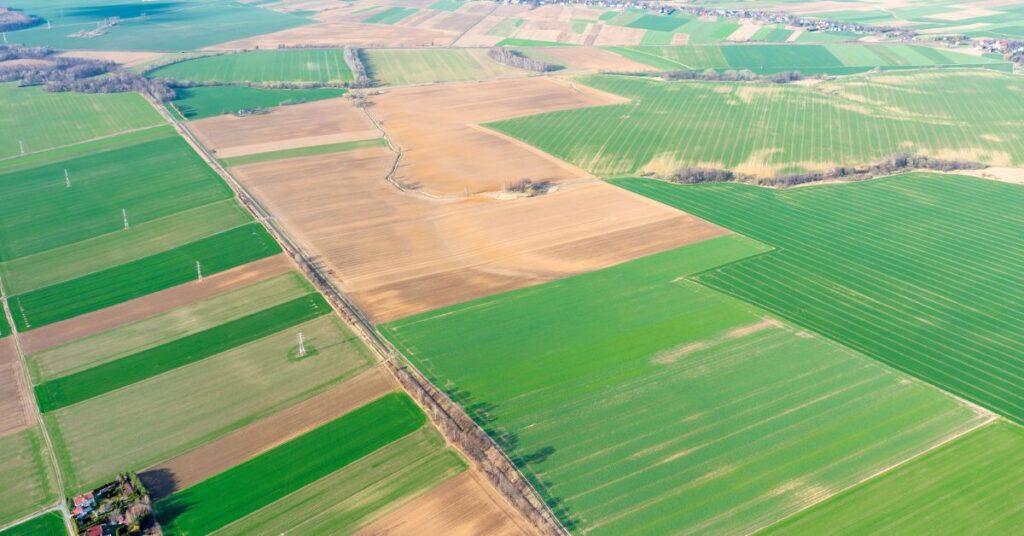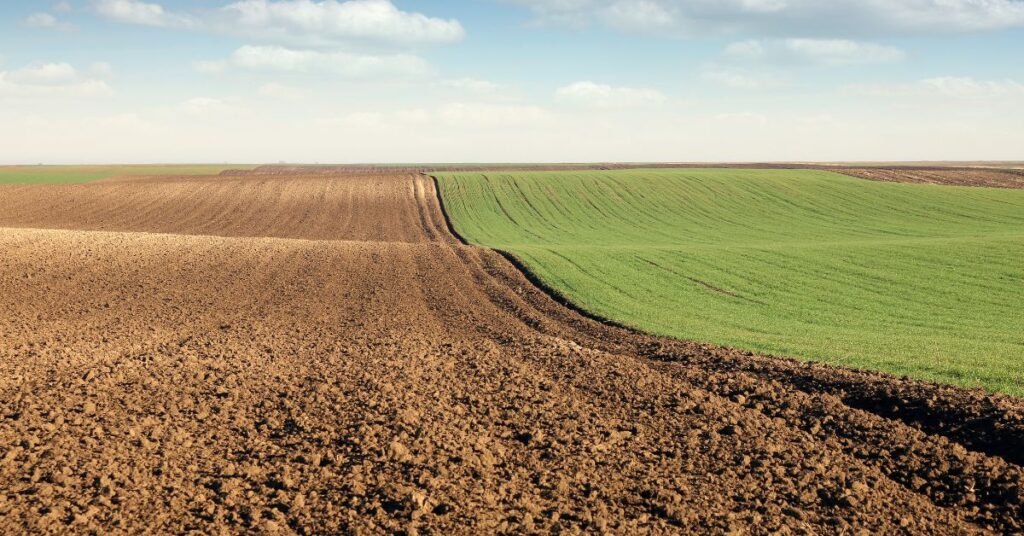In the past, farming was often seen as a labor-intensive industry that relied heavily on manual labor and traditional methods. However, technology has revolutionized many aspects of our lives, and agriculture is no exception.
Integrating technology into farmland management is not only beneficial but essential for staying competitive and sustainable in today’s market. Learn how to integrate technology in farmland management so that you can start making immediate changes to your operations.
Understanding the Importance of Technology in Farming
Farming today is no longer about just planting seeds and waiting for them to grow. It encompasses a complex array of activities that require careful planning, execution, and monitoring. Technology plays a crucial role in streamlining these processes and ensuring more efficient and productive outcomes.
By integrating technology into your farmland management practices, you will achieve better control over various farming operations, optimize resource usage, and improve overall productivity.
Enhanced Efficiency
One of the primary benefits of using technology in farming is the enhanced efficiency it brings to various tasks.
From planting to harvesting, technological tools can automate and optimize processes, saving you time and effort. For example, automated machinery can perform repetitive tasks with precision, reducing the need for manual labor and minimizing the risk of errors.
This increased efficiency allows farmers to focus on other critical aspects of their operations and achieve higher productivity levels.
Improved Decision Making
Data-driven decision making is another significant advantage of integrating technology into farmland management. Advanced sensors, drones, and satellite imagery can provide real-time data on soil conditions, crop health, and weather patterns.
By analyzing this data, farmers make informed decisions about irrigation, fertilization, and pest control, ensuring optimal conditions for plant growth. Predictive analytics and machine learning algorithms can help identify potential risks and provide recommendations for proactive measures, further enhancing decision-making capabilities.
Sustainable Practices
Sustainability is a key consideration in modern farming, and technology can play a vital role in promoting eco-friendly practices.
Precision agriculture techniques, such as variable rate technology, enable farmers to apply inputs like water, fertilizers, and pesticides precisely where and when they are needed, minimizing waste and reducing environmental impact.
Smart irrigation systems can monitor soil moisture levels and adjust watering schedules accordingly, conserving water resources.
Adopting sustainable practices through technology means farmers can contribute to the long-term health of their land and the environment

Exploring Key Technologies for Farmland Management
Integrating technology into your farm may seem daunting at first, but with the right approach, it can be a rewarding and transformative experience.
Several key technologies have emerged as game-changers in the field of farmland management, revolutionizing how farmers operate and improving overall efficiency. Let’s highlight the tech you should start considering if you want to run a farm that relies on an innovative mix of software and hardware.
Precision Agriculture
Precision agriculture is an innovative approach that leverages technology to optimize farming practices.
It involves the use of GPS, sensors, and data analytics to monitor and manage crops at a granular level. Precisely measuring and analyzing factors such as soil moisture, nutrient levels, and pest activity, makes it easier for farmers to tailor their interventions to specific areas within their fields.
This targeted approach minimizes resource wastage, increases yields, and improves overall crop quality.
Farm Management Software
Farm management software solutions have become indispensable tools for modern farmers. These software platforms provide comprehensive features for farm planning, record-keeping, and financial management.
With farm management software, farmers can efficiently track inventory, monitor expenses, generate reports, and analyze performance metrics. Additionally, these platforms often offer integration with other technologies, such as drones and IoT devices, enabling seamless data exchange and analysis.
IoT Devices
The Internet of Things (IoT) has brought significant advancements to farmland management. IoT devices, including sensors and connected devices, can collect and transmit real-time data on various parameters, such as soil moisture, temperature, and humidity.
Farmers can remotely access this data, making it possible to monitor their fields and make informed decisions from anywhere.
For example, IoT-enabled weather stations can provide accurate weather forecasts, helping farmers plan their activities accordingly.
Integrating Technology Now
Begin by evaluating your farm’s specific needs and goals. Identify pain points and areas where technology can make a significant impact.
For example, if you struggle with water management, consider implementing smart irrigation systems. If record-keeping is a challenge, explore farm management software options.
When it comes to choosing the right hardware or software to integrate into your farm, remember to read reviews, compare features, and seek recommendations from trusted sources. It is essential to choose technologies that are user-friendly, scalable, and compatible with your existing infrastructure.
Plan and Budget
Create a detailed plan for integrating technology into your farm operations. Outline the specific steps you will take, including equipment purchases, installation, and training.
Allocate a budget for technology adoption, considering both upfront costs and ongoing maintenance expenses. This help with budgeting and establishing a timeline for all the tasks you need to enhance your farm management abilities.
Monitor and Evaluate
Once you have integrated technology into your farm, regularly monitor its performance and evaluate its impact. Collect data, analyze results, and make adjustments.
Continuous monitoring and evaluation will help you identify areas for improvement and optimize the benefits of technology.

Challenges and Considerations
While the benefits of integrating technology into farmland management are evident, there are also challenges and considerations that farmers need to be aware of.
One common challenge is the initial cost of implementing technology.
Investing in advanced equipment, software, and training can be expensive, especially for small-scale farmers. However, it is essential to view these costs as long-term investments that can yield significant returns in terms of increased productivity and reduced operational expenses.
Another challenge is the learning curve associated with adopting new technologies. Farmers may need to invest time and effort into understanding or effectively utilizing these tools.
Tips for Overcoming Barriers
To overcome these challenges, farmers can take several measures.
It is crucial to conduct thorough research and choose technologies that align with specific farm needs and resources. Thanks to this guide, you’re already gathering substantial research, so you can easily begin assessing the available technology to you and how you can effectively integrate it.
Starting with small-scale pilot projects can help farmers familiarize themselves with new technologies before scaling up. Collaborating with fellow farmers and participating in knowledge-sharing networks fosters learning and provides support throughout the technology adoption process.
Forward-Thinking Farming
Understanding the best ways to integrate technology into your farmland management is a game-changer that leads to enhanced efficiency, improved decision-making, and sustainable practices.
The future of farming is here, and it remains powered by innovation and technology. Reach out to professional farm management services today to begin working with experts who can help you oversee your farming operation and the tech that enables it to thrive.